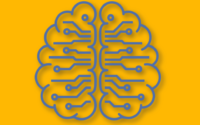
Exploring High School Students’ Educational Use of YouTube
YouTube is one of the most prevalent social media sites across the globe. However, there is a lack of research on factors influencing educational use of YouTube. This study examines high school students’ educational use of YouTube with unified theory of acceptance and use of technology (UTAUT). Using structural equation modeling, the proposed model is […]
















